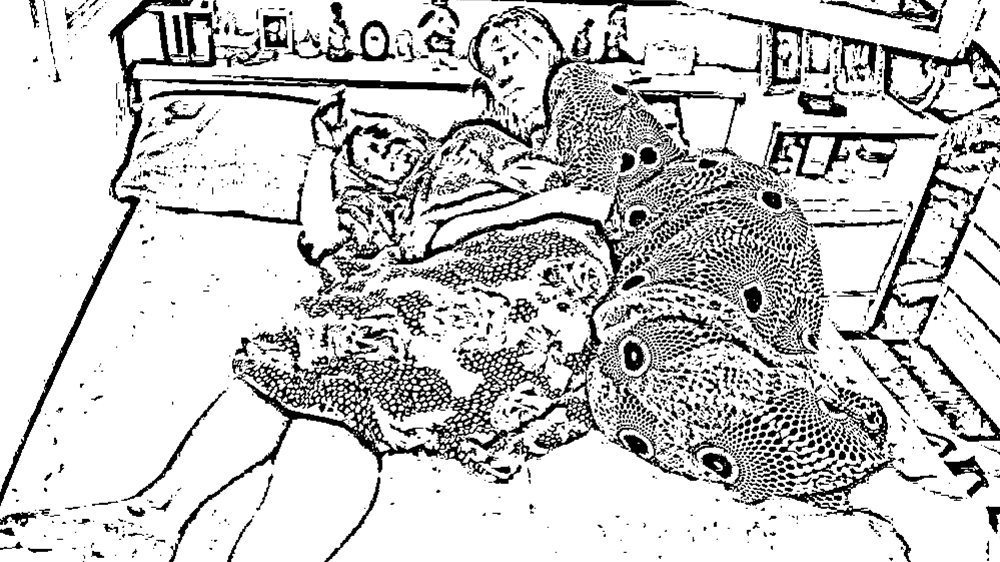Angry for the feeling that we did not provide the necessary support towards the end. Instead of dedicated, caring and dignified care, she had ad hoc support from domestic help and available family members who were not trained because we did not have the resources or access to provide it. dedicated full-time care. She was a modest woman and would never have let us – we her grandchildren – take care of intimate care. She was hospitalized several times in a private clinic, but the institution was too impersonal and expensive.
The only services available are private care with costs beyond the reach of most Senegalese. Public institutions are lacking while public health establishments in general are few, underfunded and understaffed. Most care, for patients who are fortunate to receive it, is provided by parents or caregivers at home without proper training to provide care to high standards and without the equipment to do so. ‘in a dignified manner. ASPASEN is my personal commitment to find a way to remedy this so that teranga and comfort in the face of health challenges become part of life in Senegal … until the end.

 English
English  Français
Français


